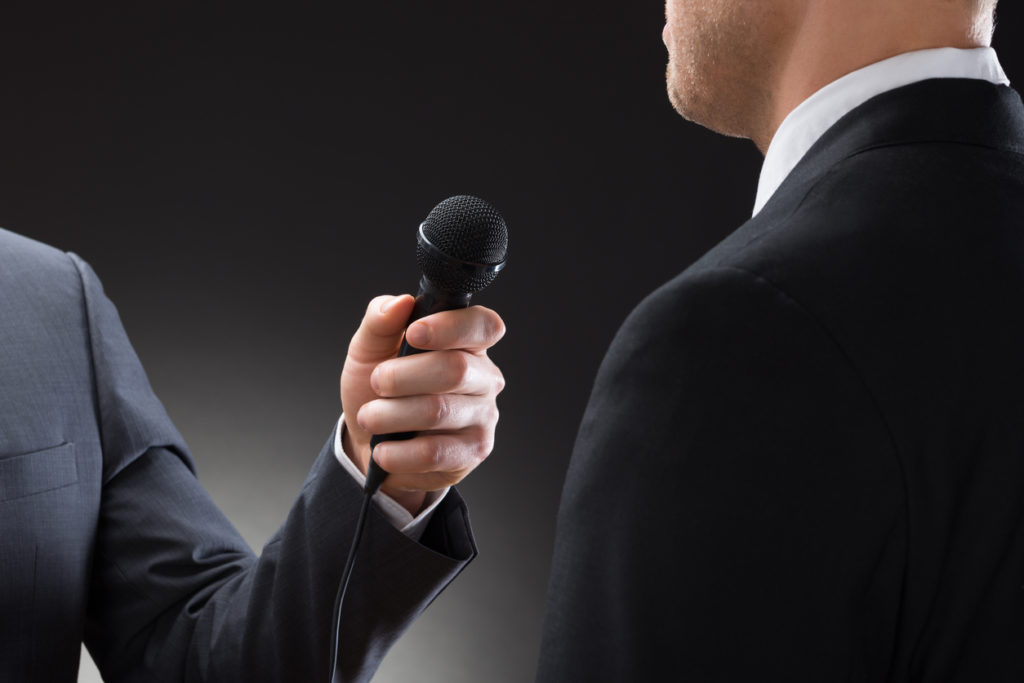What Clint Eastwood Teaches Barack Obama and The GOP
During halftime of Sunday’s Super Bowl game, Chrysler aired a stunning two-minute commercial featuring Clint Eastwood.
The ad was a masterpiece of political writing. It acknowledged in stark, unequivocal language that the United States is in rough shape – but it wrapped that tough message in optimistic language that aimed to rally the nation.
Here’s the ad:
“It’s halftime. Both teams are in their locker room discussing what they can do to win this game in the second half.
It’s halftime in America, too. People are out of work and they’re hurting. And they’re all wondering what they’re going to do to make a comeback. And we’re all scared, because this isn’t a game.
The people of Detroit know a little something about this. They almost lost everything. But we all pulled together, now Motor City is fighting again.
I’ve seen a lot of tough eras, a lot of downturns in my life. And, times when we didn’t understand each other. It seems like we’ve lost our heart at times. When the fog of division, discord, and blame made it hard to see what lies ahead.
But after those trials, we all rallied around what was right, and acted as one. Because that’s what we do. We find a way through tough times, and if we can’t find a way, then we’ll make one.
All that matters now is what’s ahead. How do we come from behind? How do we come together? And, how do we win?
Detroit’s showing us it can be done. And, what’s true about them is true about all of us.
This country can’t be knocked out with one punch. We get right back up again and when we do the world is going to hear the roar of our engines.
Yeah, it’s halftime America. And, our second half is about to begin.”
So what lesson can President Obama and the eventual Republican nominee take out of this ad? That this is the precise type of language Americans demand from our presidential candidates.
There have been eight general elections since the beginning of the 24/7 media age in 1980. In all eight, the candidate with the more optimistic message has always won. That’s not to say we can’t handle tough truths – we can. But we want them delivered from a sunny candidate with a “can do” message, not from a dour candidate who fails to inspire us.
THE OPTIMISTS
- Ronald Reagan, whose 1984 “Morning in America” campaign was the obvious inspiration for this ad
- George H.W. Bush, who promised a “gentler, kinder” nation in 1988
- Bill Clinton, who encouraged “don’t stop thinking about tomorrow” in 1992 and promised to “build a bridge to the 21st Century” in 1996
- George W. Bush, who ran on a platform of “compassionate conservatism” and who almost never allowed a pessimistic word to cross his lips.
- Barack Obama, whose “hope” and “yes we can” campaign was a salve in 2008, during the worst economic downturn in decades
THE PESSIMISTS
6. Not coincidentally, all of the presidential losers since 1980 have been perceived as pessimists: Jimmy Carter, Walter Mondale, Michael Dukakis, George H.W. Bush (as compared to Bill Clinton), Bob Dole, Al Gore, John Kerry, and John McCain.
It’s easy to see the theme here. President Obama has started to pivot to this type of optimistic language, and he demonstrated in 2008 that he has the capacity to deliver it well. Mitt Romney, assuming he gets the nomination, will need to quickly pivot to this type of rhetoric as well. His attacks on President Obama are fine and expected. But they’re not enough.
When trying to predict the outcome of the 2012 election, you can almost forget about the economy and foreign affairs. Ask yourself one question: Which candidate’s rhetoric is most like Clint Eastwood’s? The answer will likely determine which man is sworn into office on January 20, 2013.


